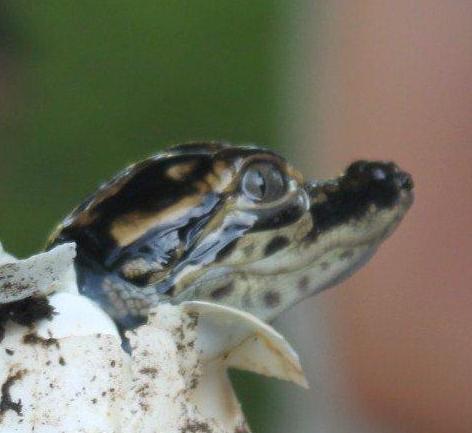Program - Guided Nature Hike and Nature Center tour
Description - A ½ mile guided nature hike through a bottomland hardwood forest and around a freshwater marsh. Hike leaders will discuss native plants and animals, ecosystems and how they interact with one another. Students will be allowed to tour the nature center at their own pace, ask questions, view exhibits and touch a live animal.
Time required - Approximately 2 hours
Size requirements - less then 100 students, students will be divided into smaller groups
SCHOOL GROUP FEES
Guided Nature Hikes (Creekfield Lake and 40 Acre Lake)
- 1 - 20 Students - $40.00
- 21 - 40 Students - $60.00
- 41 - 60 Students - $80.00
- 61 - 80 Students - $100.00
- 81-100 Students - $120.00
Classroom Programs
Unfortunately all classroom programs have been suspended indefinitely.
- Reptile Program
- Mammal Program
- Bird Program
- Aquatic Invertebrate Program (available for grades 3 - 5)
No charge for Nature Center
Reservations must be made in advance and are subject to availability
The following Texas Essential Knowledge and Skills (TEKS) for Grade 1 Science will be addressed with this program
§112.3. Science, Grade 1
(a) Introduction.
(1) In Grade 1, the study of science includes simple classroom and field investigations to help students develop the skills of asking questions, gathering information, making measurements using non-standard units, with tools such as a thermometer to extend their senses, constructing explanations, and drawing conclusions. Students also use computers and information technology tools to support their investigations.
(2) As students learn science skills, they identify components of the natural world including rocks, soil, and natural resources. Students observe that heat from the Sun or friction, is an example of something that causes change. In addition, students identify basic needs of living things, explore ways that living things depend on each other, and separate living organisms and nonliving things into groups. Students identify parts that can be put together with other parts to do new things.
(b) Knowledge and skills.
(1) Scientific processes. The student conducts classroom and field investigations following home and school safety procedures. The student is expected to:
(A) demonstrate safe practices during classroom and field investigations; and
(B) learn how to use and conserve resources and materials.
(2) Scientific processes. The student develops abilities necessary to do scientific inquiry in the field and the classroom. The student is expected to:
(A) ask questions about organisms, objects, and events;
(6) Science concepts. The student knows that systems have parts and are composed of organisms and objects. The student is expected to:
(A) sort organisms and objects according to their parts and characteristics;
(B) observe and describe the parts of plants and animals;
(7) Science concepts. The student knows that many types of change occur. The student is expected to:
(D) observe and record changes in the life cycle of organisms
(9) Science concepts. The student knows that living organisms have basic needs. The student is expected to:
(A) identify characteristics of living organisms that allow their basic needs to be met; and
(B) compare and give examples of the ways living organisms depend on each other for their basic needs.
(10) Science concepts. The student knows that the natural world includes rocks, soil, and water. The student is expected to:
(A) identify and describe a variety of natural sources of water including streams, lakes, and oceans.
|




